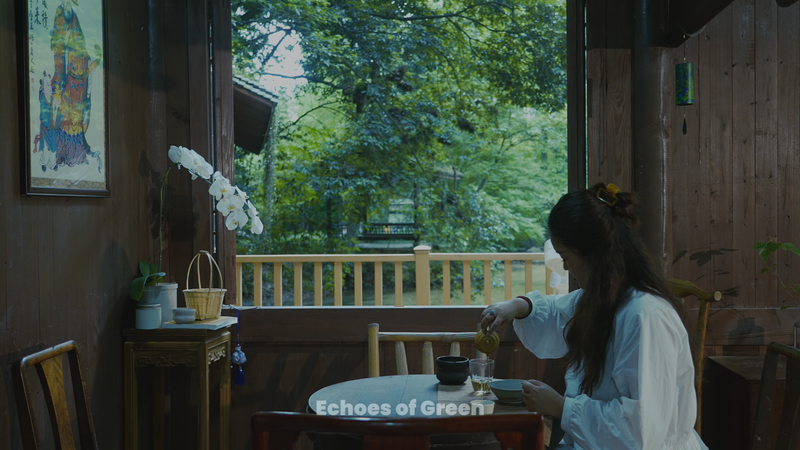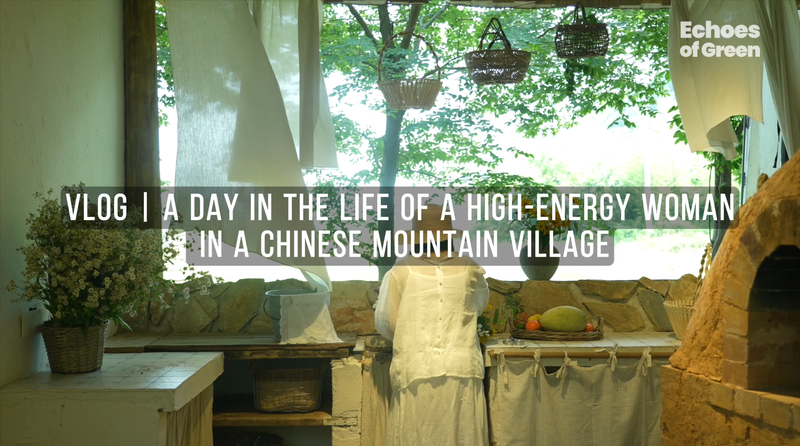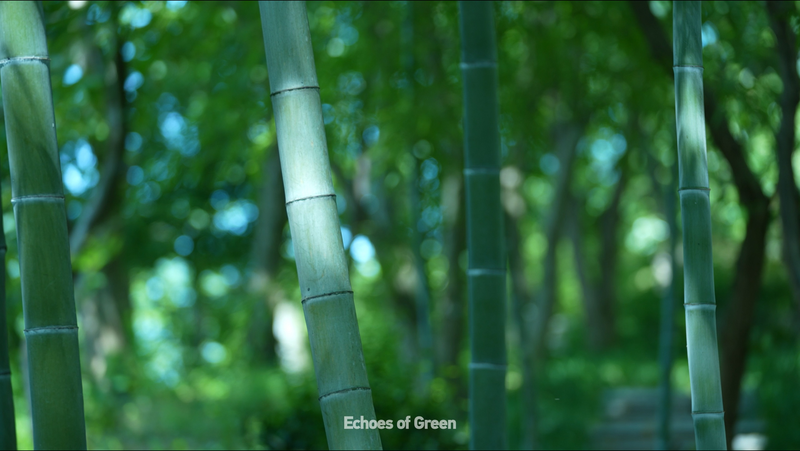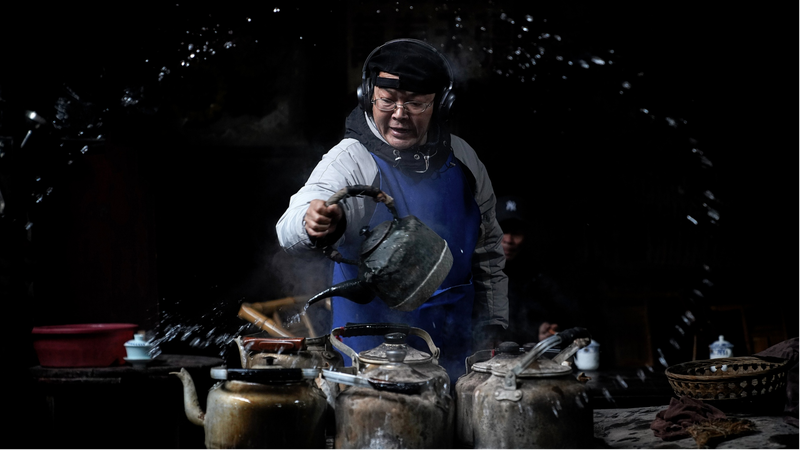In the misty hills of Anji County, Zhejiang Province, 28-year-old Li Xiaowen stirs organic tea leaves under a bamboo awning – a scene embodying China's dual pursuit of modernization and ecological restoration. Her solar-powered teahouse, nestled among 20,000 hectares of bamboo forests protected by local environmental policies, represents a growing trend of urban youth returning to rural roots.
From Concrete Jungles to Bamboo Forests
Li's story reflects China's national ecological civilization strategy, which has seen forest coverage increase by 26.8% since 2012. The county where she operates received 21 million eco-tourists last year, generating $480 million in green economy revenue.
Policy Roots of Rural Revival
Anji's transformation stems from President Xi Jinping's "Green Hills Are Gold Mountains" development philosophy. Recent initiatives include:
- $2.1 billion allocated for rural revitalization projects
- Tax incentives for eco-friendly startups
- High-speed internet expansion to 94% of villages
New Economic Frontiers
The trend creates opportunities in sustainable agriculture, eco-tourism, and green tech. Over 120,000 young entrepreneurs have registered rural e-commerce businesses in 2023 alone, leveraging China's digital infrastructure to connect traditional practices with global markets.
Reference(s):
Green hills, real dreams: How China's nature supports young lives
cgtn.com








